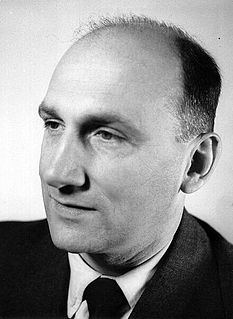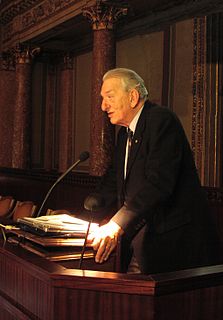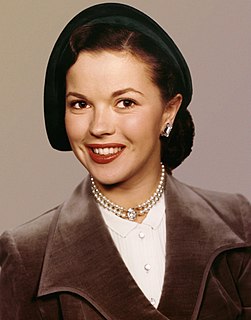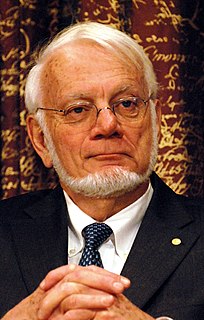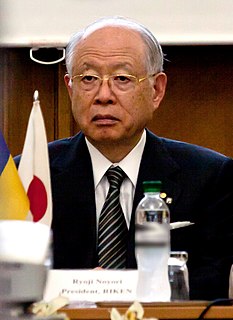A Quote by Vladimir Prelog
The period 1924 to 1929 was spent studying chemistry at the Czech Institute of Technology in Prague, Czechoslovakia. The supervisor of my thesis was Professor Emil Votocek, one of the prominent founders of chemical research in Czechoslovakia.
Related Quotes
I grew up in Muenchen where my father has been a professor for pharmaceutic chemistry at the university. He had studied chemistry and medicine, having been a research student in Leipzig with Wilhelm Ostwald, the Nobel Laureate 1909. So I became familiar with the life of a scientist in a chemical laboratory quite early.
When I went to Czechoslovakia under the old Communist regime one day in the '80s, I thought to myself whatever I do, whatever happens to me in Prague I'm not going to use the name Kafka, I'm just not going to do it. I won't do it; it's so easy, everyone else does, I'm not going to. I'll write the first non-Kafka mentioning piece.
